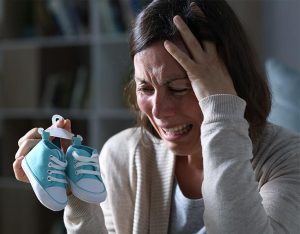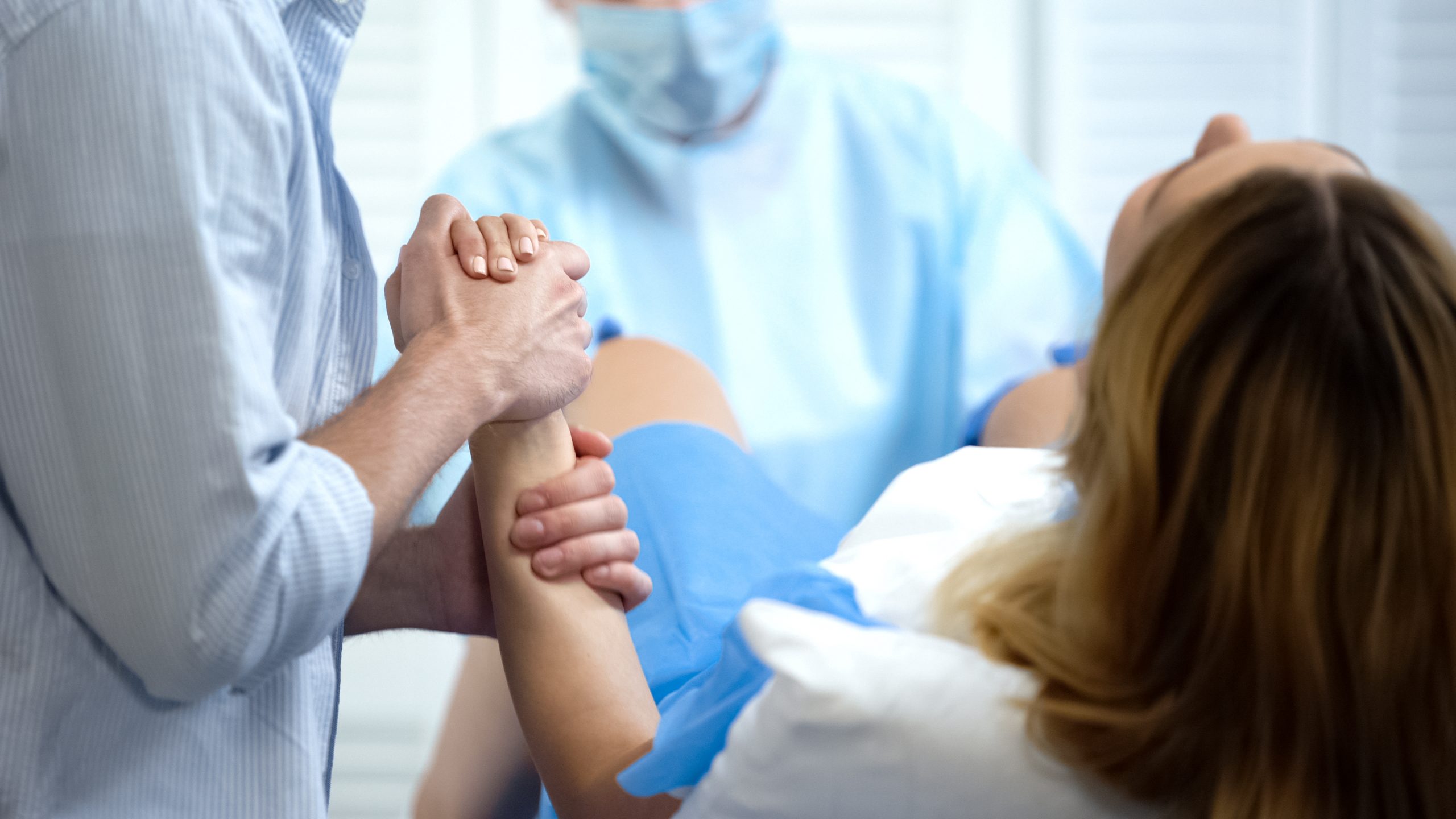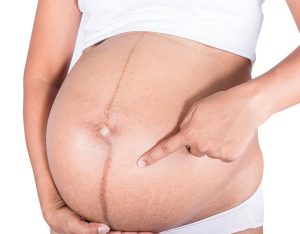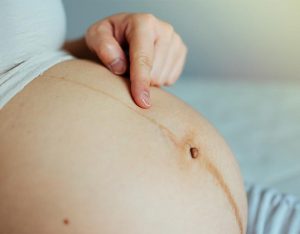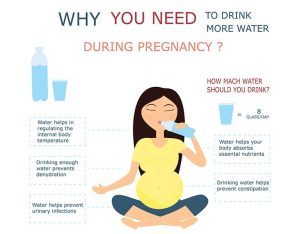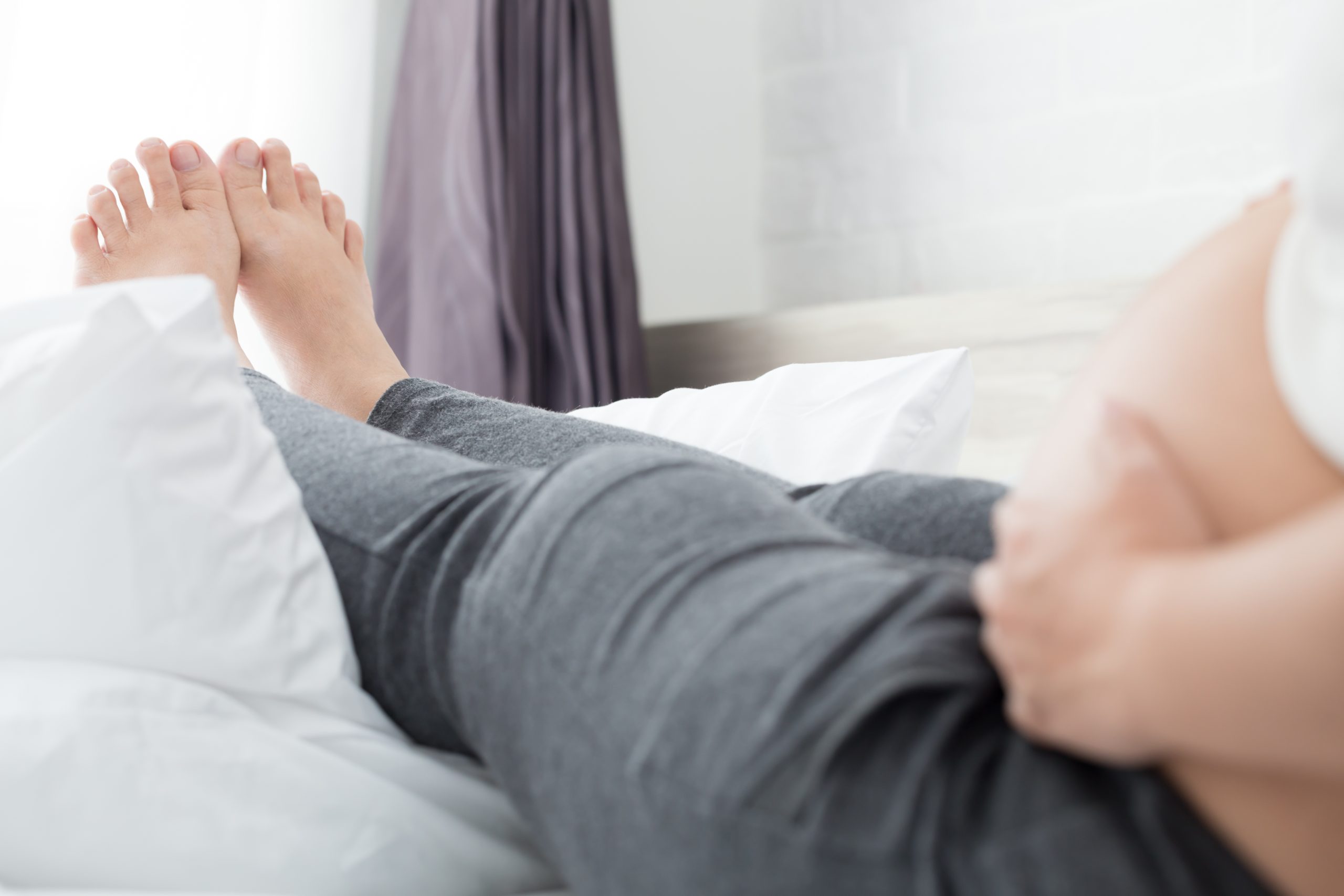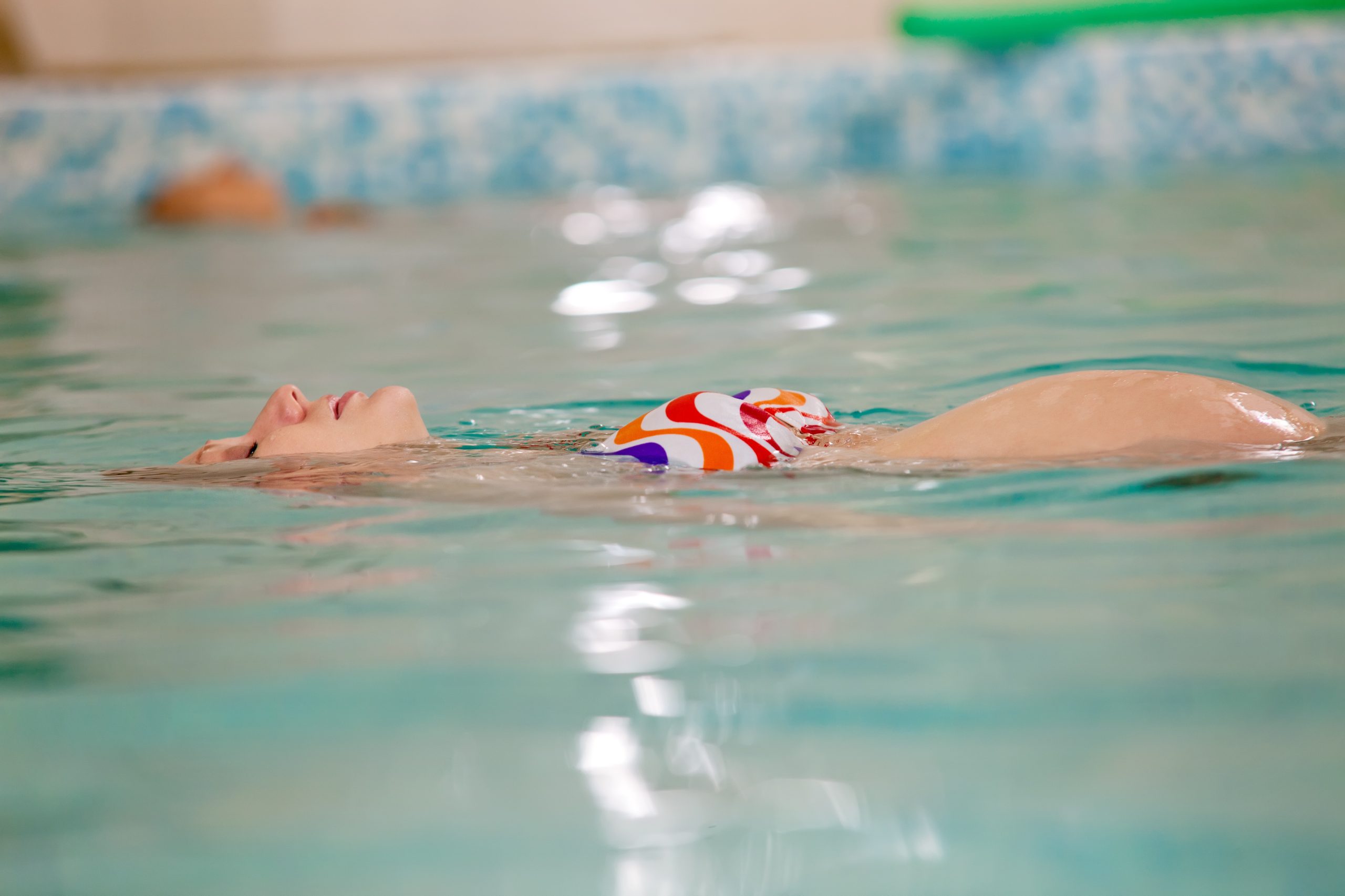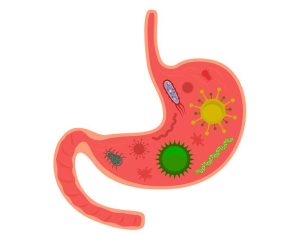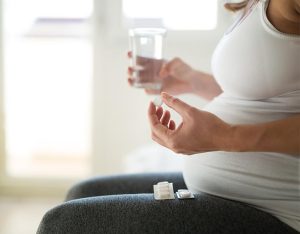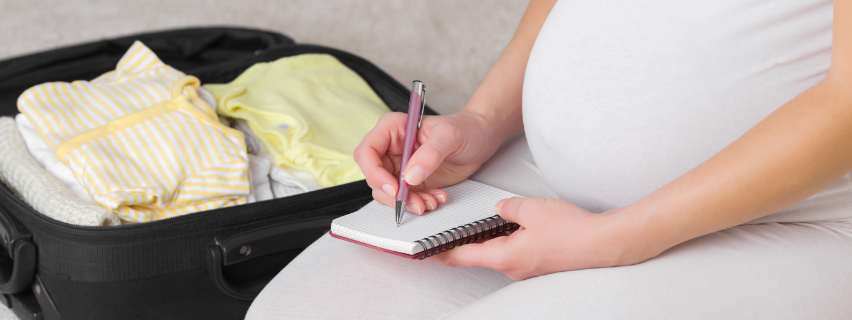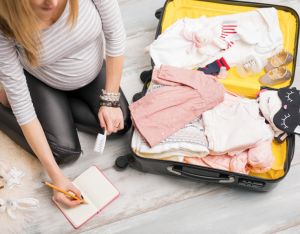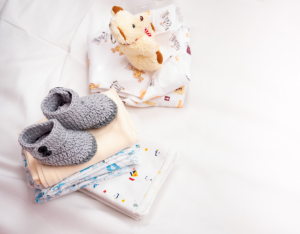Preparing for the D-Day when you can finally hold your little cherub in your arms is exciting and a bit unnerving for new mothers. It is good to remember a few pointers so that you arrive at the hospital, fully prepared for the momentous event of your life.
When should I start packing my hospital bag?
By the time you reach 36 weeks, you should have your hospital bag packed and ready to go to the hospital whenever labor begins.
You are considered full-term once you are 37 weeks pregnant. This indicates that your baby could be born at any time. Your due date falls at the end of the 40th week of your pregnancy. This is due to the fact that there is no means of knowing when you conceived.
However, by the time you begin your 37th week, your baby is completely mature and ready to enter the world.
The majority of babies are born between the ages of 37 and 40 weeks. If your kid arrives before 37 weeks, he will be labeled premature, and after 40 weeks, he will be deemed overdue.
Must have for mother
While the hospital will supply the necessities, having familiar items from home might put you at peace.
Before you pack, check with your hospital to see if there are any restrictions on what you can wear. Some hospitals, for example, may choose or require you to wear a hospital gown during birth.
While this list appears to be very long, it should all fit into a single overnight bag.
While the hospital will supply the necessities, having familiar items from home might put you at peace.
Before you pack, check with your hospital to see if there are any restrictions on what you can wear. Some hospitals, for example, may choose or require you to wear a hospital gown during birth.
While this list appears to be very long, it should all fit into a single overnight bag.
1. Your identification. This may sound apparent, but you will require identification during check-in. For admittance, you may also require your insurance card and any other paperwork provided by your doctor.
2. List of medications. This information will most likely be requested upon check-in. And perhaps again once you’ve settled in. It’s far easier to hand over a piece of paper if you’re in labor and can’t recall everything you’re taking.
3. Medications. Yes, if you’re on any common prescription meds, the hospital pharmacy can usually give them – And if you’re on a less common medication, the hospital may not have any on hand. To avoid these potential headaches, plan to bring your own.
Consider the following items if you know you’ll be having a cesarean delivery:
1. Support your underpants. Bringing some C-section recovery underwear, which is high-waisted and gives light compression, can be beneficial. You might also wear fold-over underwear that sits beneath your incision.
2. Wrap in compression. Bring something for extra postpartum belly support. Consult your doctor for recommendations, including when you can begin wearing a wrap like this.
3. Wear loose clothing. You may feel better at ease wearing clothing that does not rub against your incision, such as nightgowns rather than slacks.
4. Snacks that are unique. Reduce post-surgery constipation with fiber-rich foods such as an apple or quick oatmeal with dried fruit.
Must have for baby
Most supplies for your child’s stay in the hospital will be provided. In fact, some delivery units may even insist that babies wear hospital-branded onesies until they are discharged for safety reasons.
Pack baby’s stuff in the diaper bag you intend to use once they’re born.
1. Outfit for going home. While it won’t be the first thing you use, it could be the most exciting. Have fun choosing what your baby will wear home. Consider the weather when making your plans. You should bring some spare clothing in case one becomes filthy.
2. Wipes and diapers Bring a pack of diapers with you to the hospital if you have specific diapering needs. If you intend to use cloth from the start, this includes infant cloth and a damp bag.
3. Swaddling and receiving blankets You may wish to have a few of your own swaddles on hand to practice wrapping baby.
4. Blanket. If it’s cold outside, use a heavier blanket to hug the baby in the car seat on the way home.
The key takeaway
In the end, what you pack for your hospital or birth center stay is entirely up to you and your specific requirements. Make a list of the items you believe are necessary for your own comfort and wellness.
And don’t be concerned if you forget something or fail to pack your suitcase in time for labor. (It does happen!) Most likely, you’ll have most of what you need — or you can send someone out after your kid is born to collect the rest.
FAQs
1. What should I pack in my hospital bag for my pregnancy?
Ans: 1. Hospital paperwork, identification, and insurance card
2. a bathrobe
3. socks
4. slippers or flip-flops
5. Massage oil or body lotion
6. Sponge and water spray
2. When should a pregnant woman pack her bag for the hospital?
Ans: Between weeks 32 and 35 of your pregnancy, you should have your hospital bag packed in case your baby arrives earlier than expected. Around the 28-week mark, or the beginning of your third trimester is a good time to begin packing.
3. How many nappies should I pack in my hospital bag?
Ans: Nappies: Plan on using 10-12 nappies per day. In the early days, babies can defecate after virtually every feed, and you don’t want to risk them developing a nappy rash if you leave a nappy on for too long.
4. What should you not pack in your hospital bag?
Ans:
● Underwear.
● Diapering Supplies.
● Clothes for Pregnancy.
● Complete beauty bag.
● Pads for women.
● Your Mattress
You are not going away for a month so pack only the essentials and let the other stuff be.
5. What to Wear While in Labour
Ans: You are allowed to wear a hospital gown. Wear a Loose-Fit Dress. You are permitted to wear your most comfortable t-shirt. Wear comfortable clothes and follow the instructions of your doctor.
PregaNews understands your excitement as the D-Day draws near. After all, we are the ones who gave you the good news regarding your baby’s arrival. Prepare for your baby’s arrival. Stay safe and keep your bags packed.



























